Senate Report Uncovers Disturbing Trends in Child Behavioral Health Facilities
The Senate Finance Committee recently released a troubling report revealing widespread issues in child behavioral health facilities.
These findings spotlight a critical problem in the U.S. care system for vulnerable children. The report results from a two-year investigation into facilities run by major companies including Universal Health Services, Acadia Healthcare, Vivant Behavioral Healthcare, and Devereux Advanced Behavioral Health.
Overcrowding and Understaffing
The report highlights that many facilities are overcrowded and understaffed, severely impacting the quality of care. Companies often pack these centers to capacity, failing to hire enough qualified staff to meet the children’s needs.
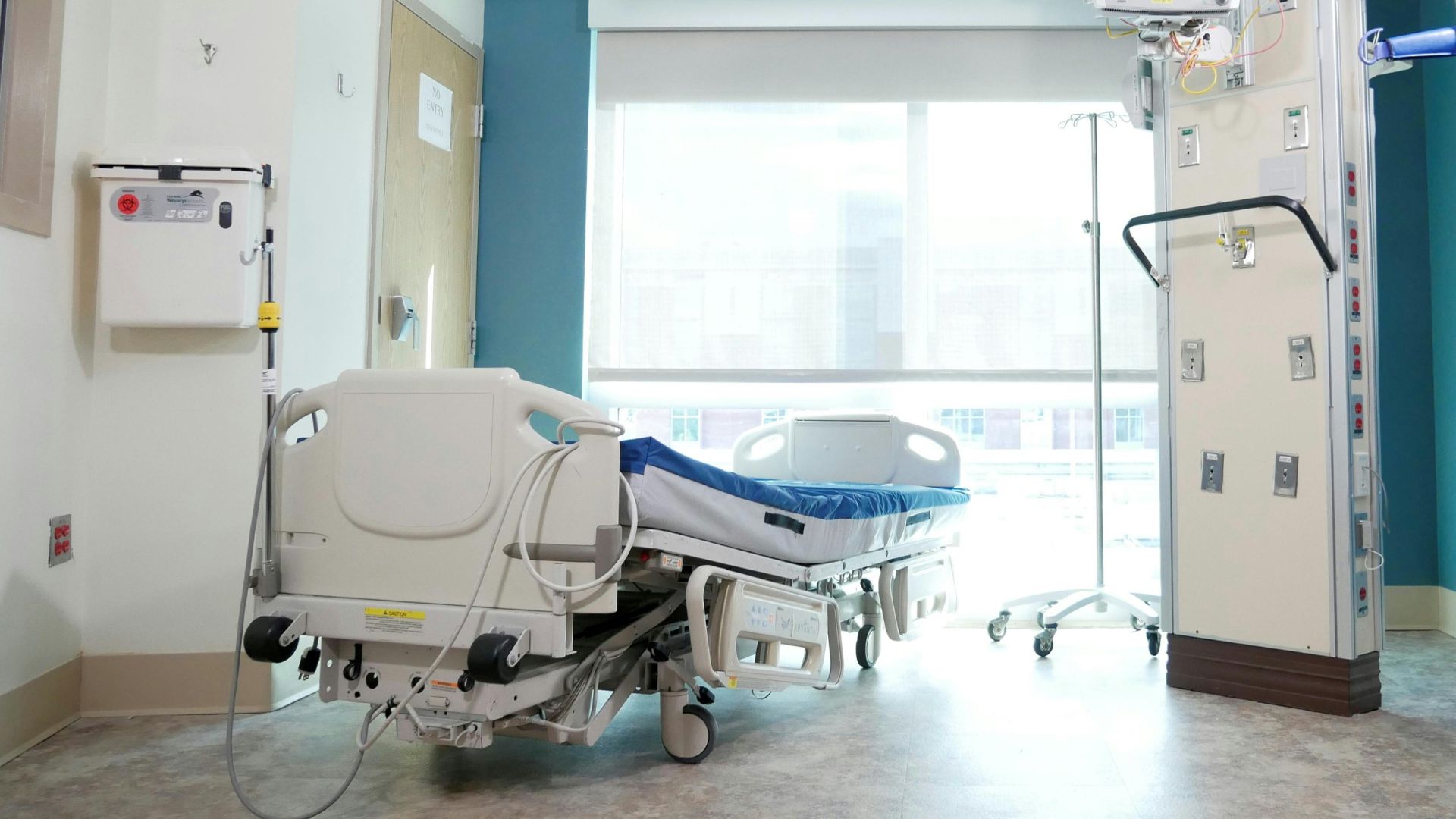
Source: Saulo Zayas/Pexels
This situation leads to unsafe environments where children are more likely to experience neglect and abuse.
Profit Over Care
A significant issue identified is the profit-driven model of these companies. The facilities rely heavily on per diem payments from Medicaid and other sources.

Source: Adobe Stock
By maximizing occupancy and minimizing staff costs, these companies prioritize financial gains over the well-being of the children in their care.
Inadequate Training and Supervision
The report found a lack of proper training and supervision for staff. In many cases, employees are not adequately prepared to handle the complex needs of the children, leading to dangerous practices.

Source: Hush Naidoo Jade Photography/Unsplash
For instance, at an Acadia facility in Arkansas, staff improperly used seclusion and chemical restraints over 100 times in just 30 days.
Rampant Abuse and Neglect
Alarming cases of abuse and neglect are documented throughout the report. At a Universal Health facility in Oklahoma, a staff member admitted to molesting a girl and was merely transferred to another unit, rather than being terminated and reported to authorities.
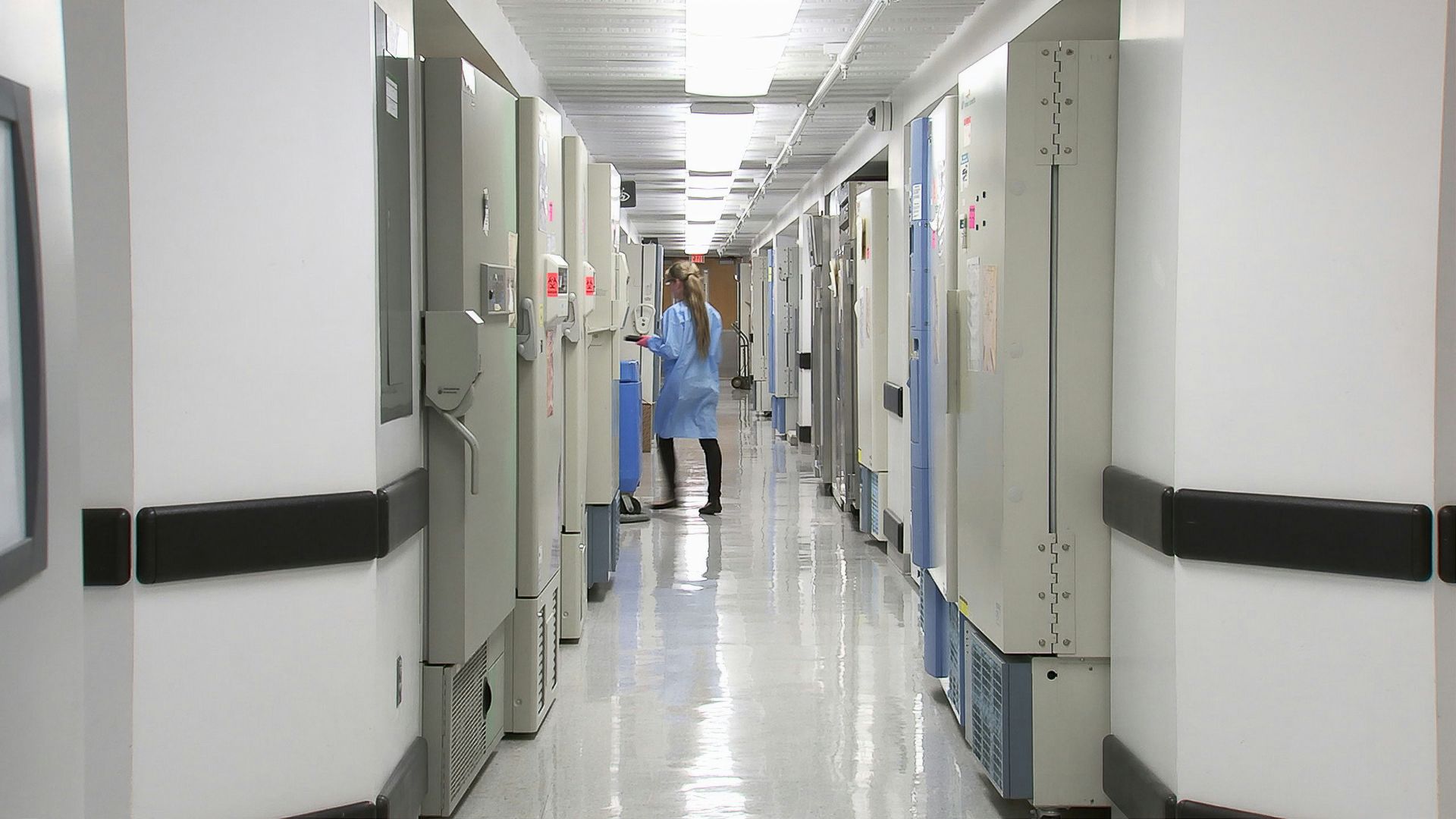
Source: CDC/Unsplash
Such incidents reflect an inexcusable systemic failure to protect vulnerable children from harm.
Use of Chemical Restraints
The misuse of chemical restraints is another critical issue. Facilities were found to often resort to injecting children with calming drugs, even when they were already calm.

Source: Anna Shvets/Pexels
This overuse of medication not only violates federal regulations but also poses serious health risks to the children.
Civil Rights Violations
The Senate report identifies numerous civil rights violations in these facilities. Overuse of seclusion and chemical restraints are just the tip of the iceberg.
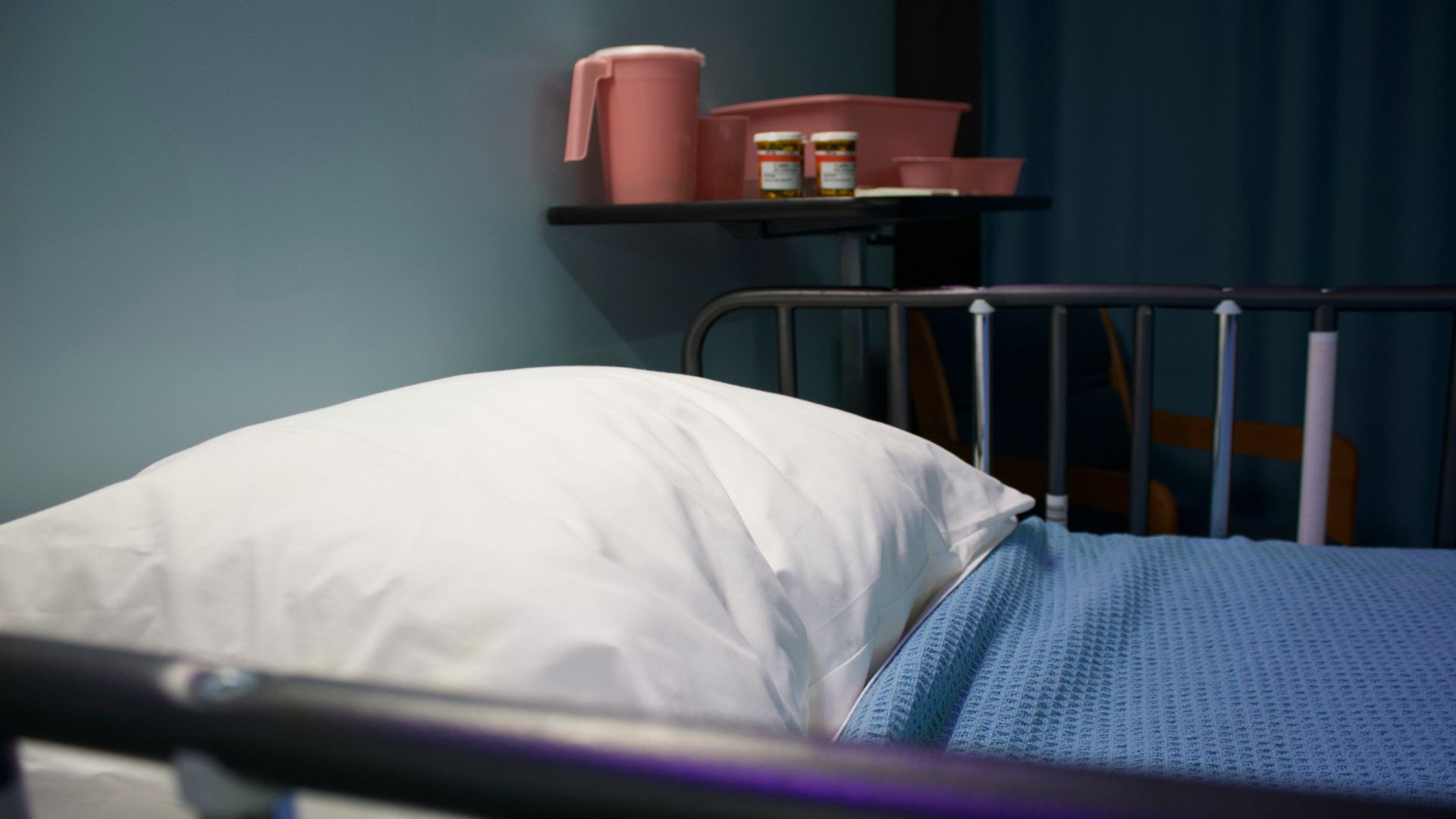
Source: Bret Kavanaugh/Unsplash
The report details other graphic allegations of physical and sexual assaults by staff, highlighting a pervasive culture of abuse.
Calls for Legislative Changes
The Senate Finance Committee is pushing for significant legislative changes to address these issues.

Source: KATRIN BOLOVTSOVA/Pexels
Key recommendations include stricter enforcement of staffing requirements, enhanced use of security cameras, and comprehensive oversight mechanisms to ensure facilities adhere to federal regulations.
Industry Responses
In response to the report, companies like Acadia Healthcare have acknowledged the need for improvement. Acadia stated that the patient stories are heartbreaking and committed to ensuring all patients receive compassionate care.

Source: Freepik
However, Universal Health Services disputes the report’s characterization, claiming that such incidents are rare.
Historical Context and High-Profile Cases
The investigation was spurred by high-profile cases of abuse and death in these facilities.

Source: Zachary Caraway/Pexels
For example, in 2020, 16-year-old Cornelius Frederick died after being restrained by staff at a Michigan facility for throwing a sandwich. This tragic incident shows the urgent need for reform.
Role of Oversight Agencies
The report criticizes state and federal oversight agencies for their inadequate response to these issues.
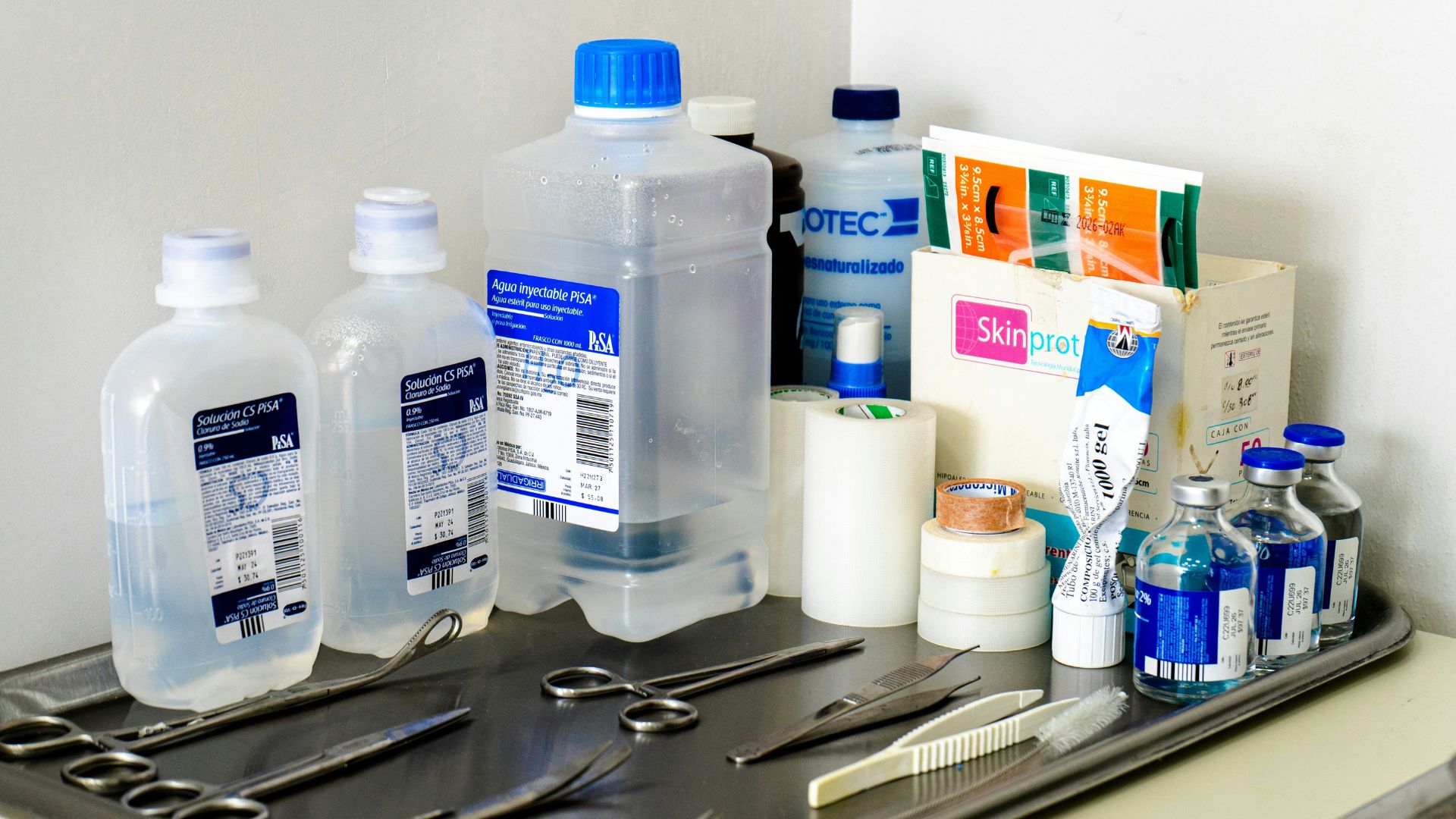
Source: Mateo Hernandez Reyes/Unsplash
Often, violations lead to minimal repercussions, allowing facilities to continue their harmful practices. The Senate Committee is calling for more robust and consistent enforcement of regulations.
A Call to Action
The Senate Finance Committee’s report serves as a massive call to action for policymakers, advocates, and the public.
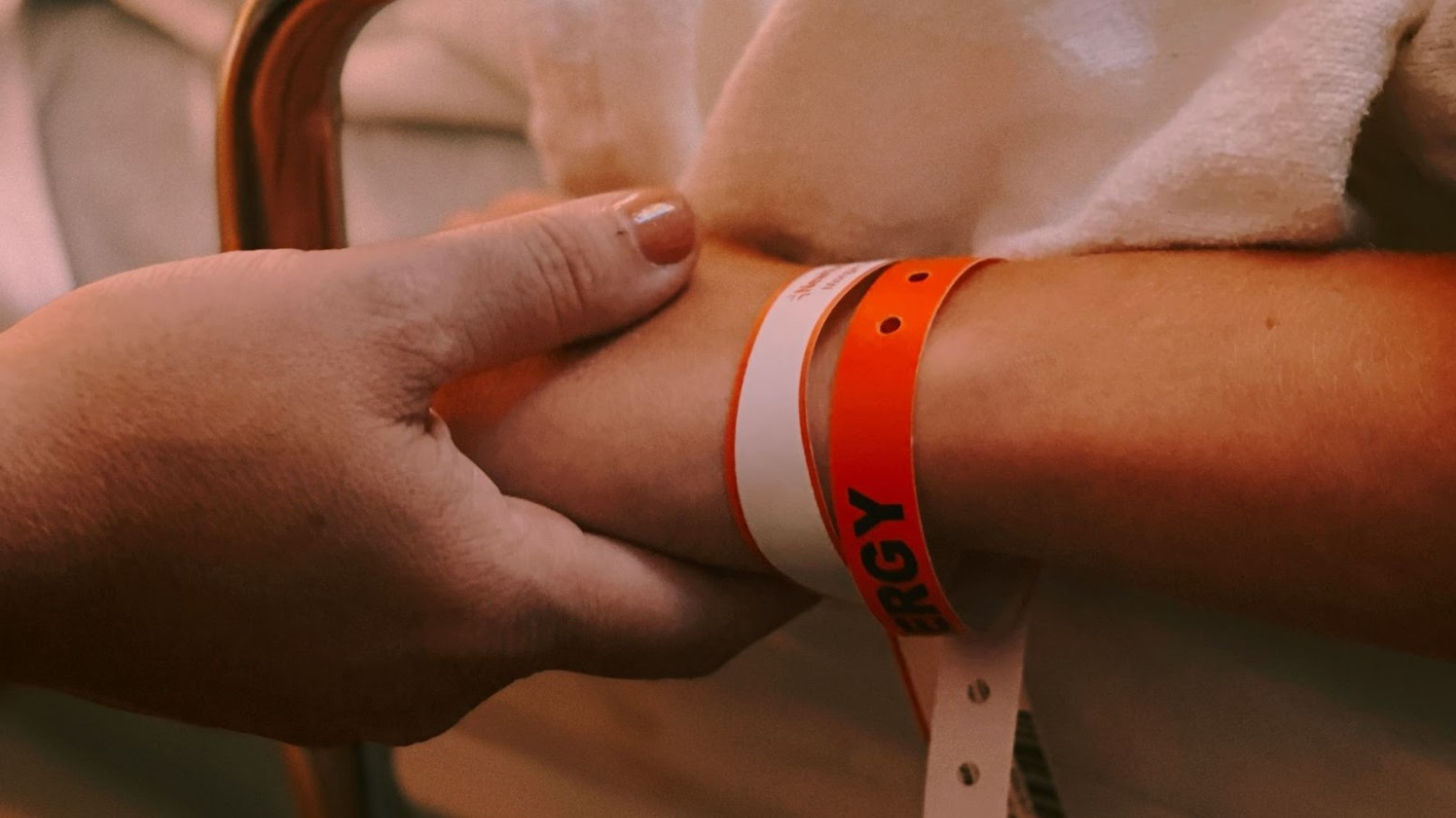
Source: Jon Tyson/Unsplash
Addressing these systemic issues is crucial to safeguarding the rights and well-being of children in residential treatment facilities. It is a collective responsibility to ensure these children receive the care they deserve.
